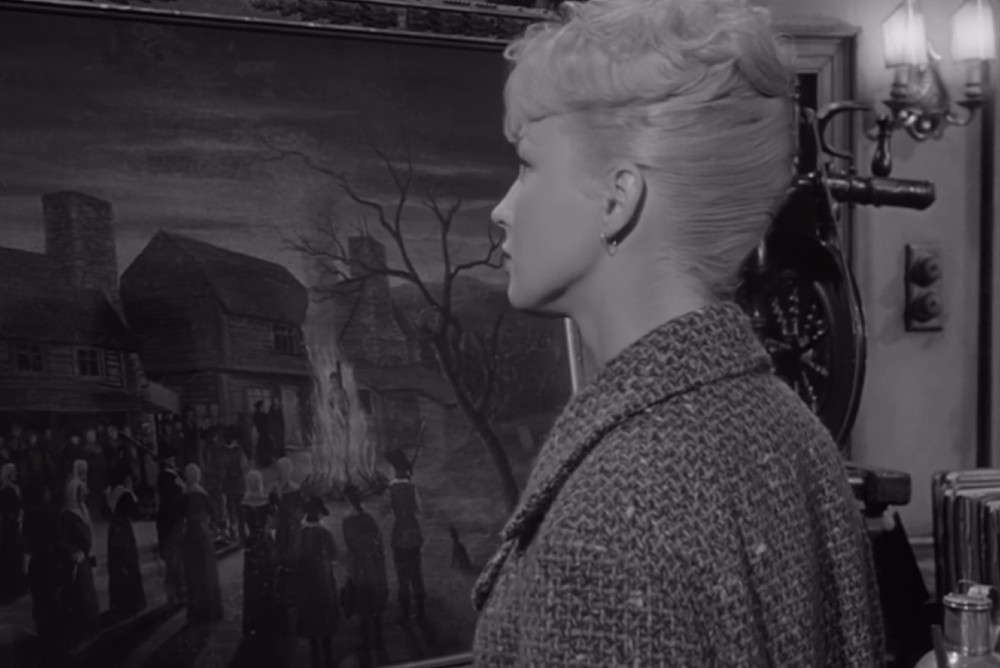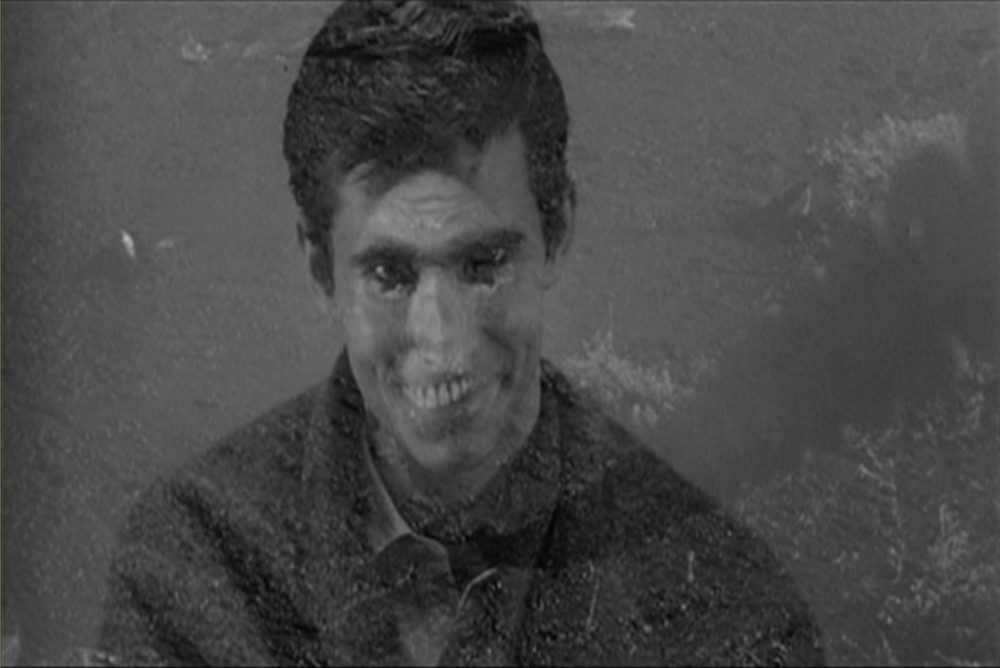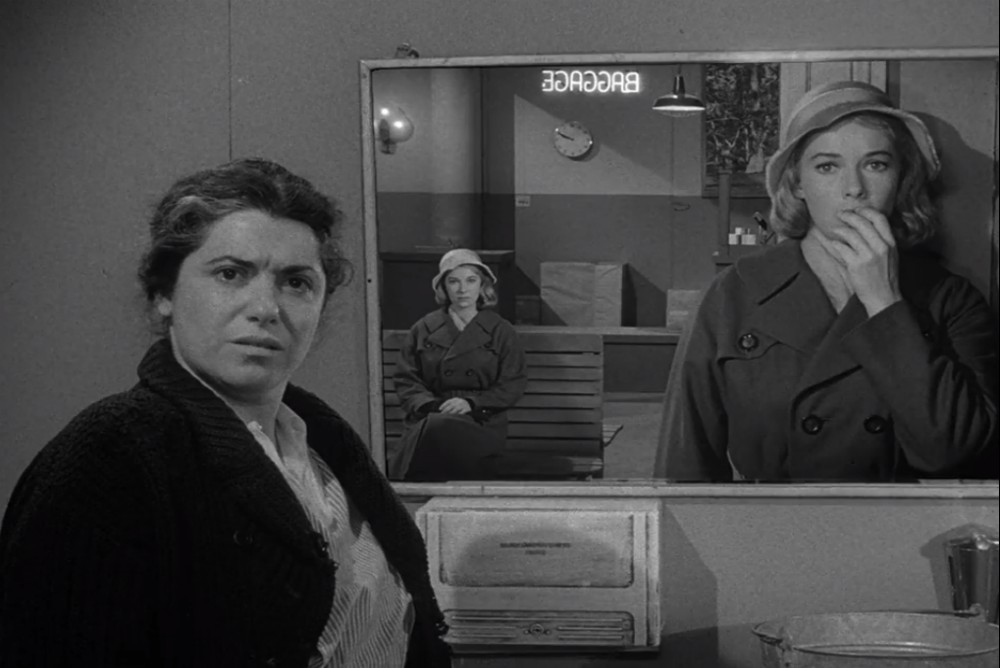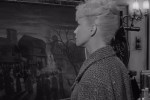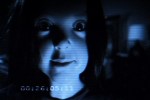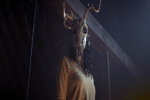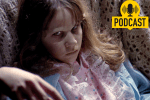It’s a moment of uncanny serendipity in horror film history.
The City of the Dead (re-named Horror Hotel in the US) – the first directorial project of Argentinian-born British director, John Llewellyn Moxey – was released in the UK in September 1960. Produced by Americans Milton Subotsky and Max J. Rosenberg, the film is generally considered to be the unofficial first of their Amicus Productions (a British company they would officially found shortly after the release of City of the Dead, and which had an impact on the horror genre in the 1960s that was second perhaps only to Hammer Studios)[i]. Filming commenced “at Shepperton Studios [in Surrey, England] in the Summer of 1959,” [ii] running at least through October.
The vastly more famous Psycho, produced and directed by Alfred Hitchcock, made at Universal Studios in the US and distributed by Paramount Pictures, was released in New York City in June 1960 and saw general distribution, like City of the Dead, in September 1960. Also like City of the Dead, filming began on Psycho in the later half of 1959 (running, specifically, between November 1959 and February 1960).
In other words, there’s virtually no way that either City of the Dead or Psycho could have influenced the other. And yet, they share some striking similarities. They are also, I should add, profoundly different in their approach to horror. Both these similarities and this difference are worth exploring.

